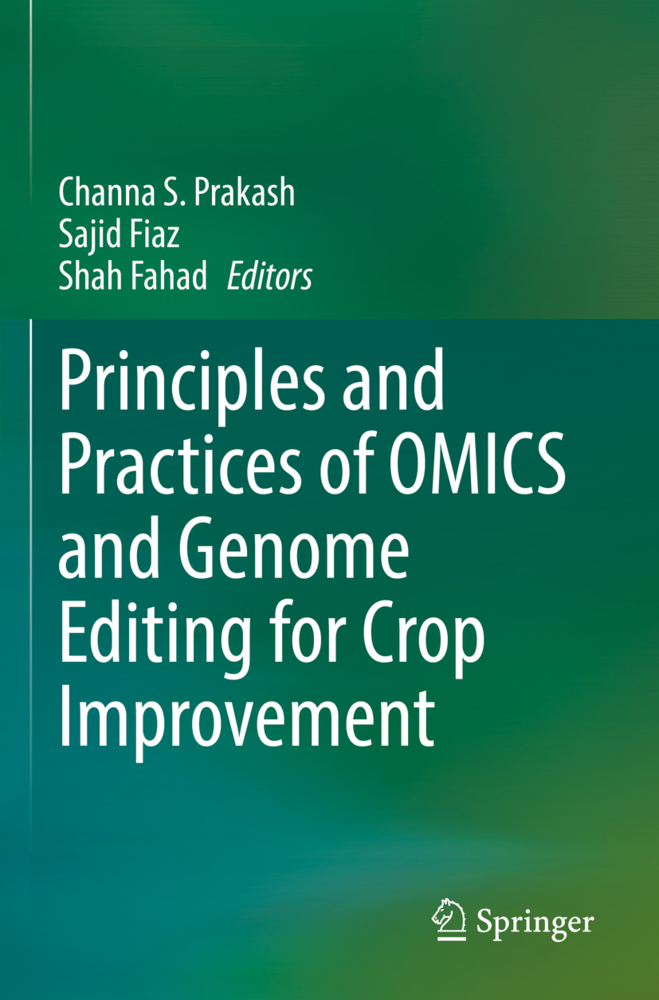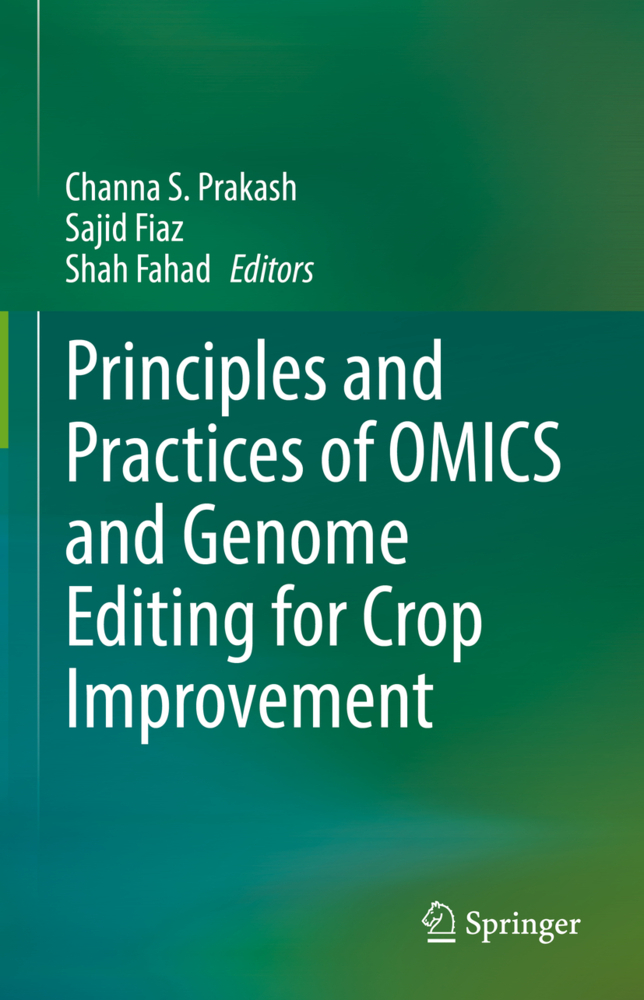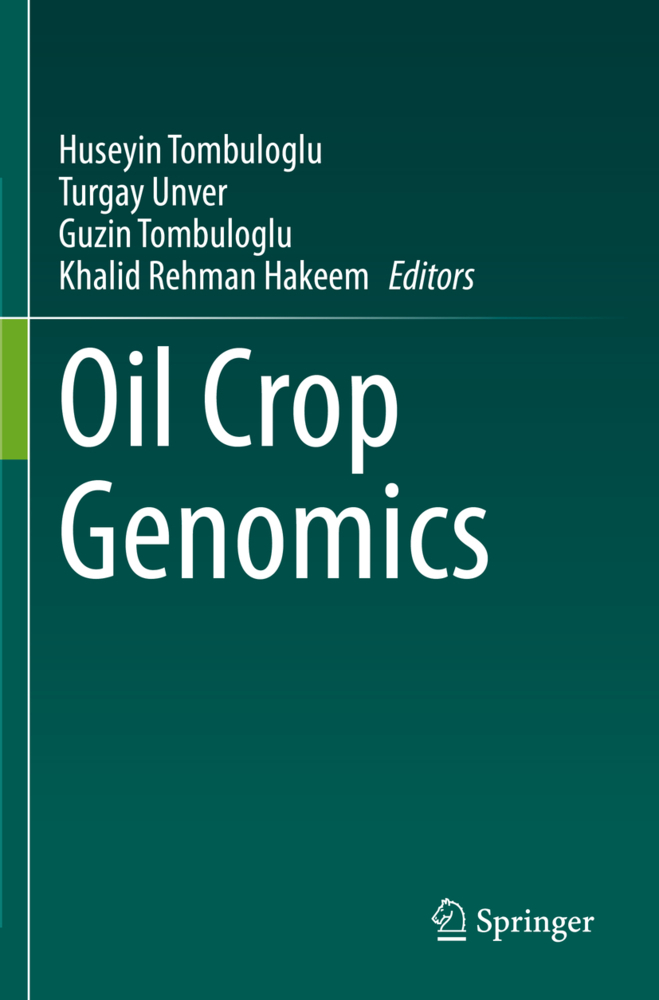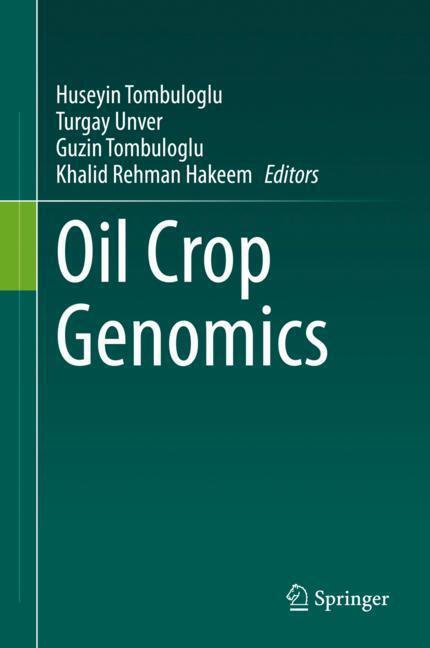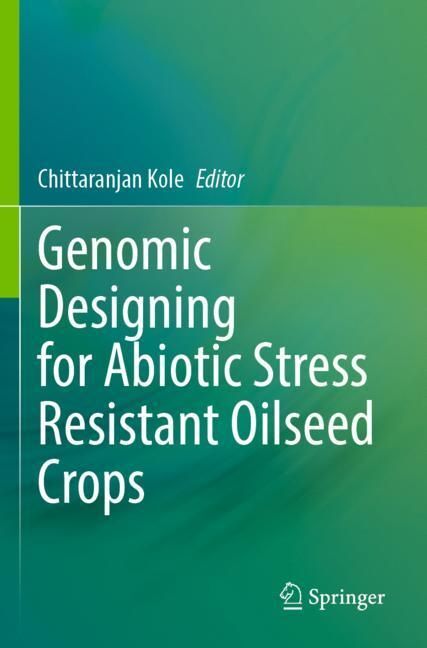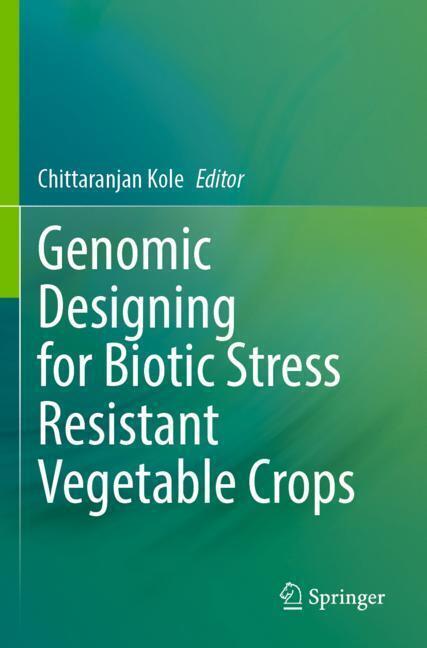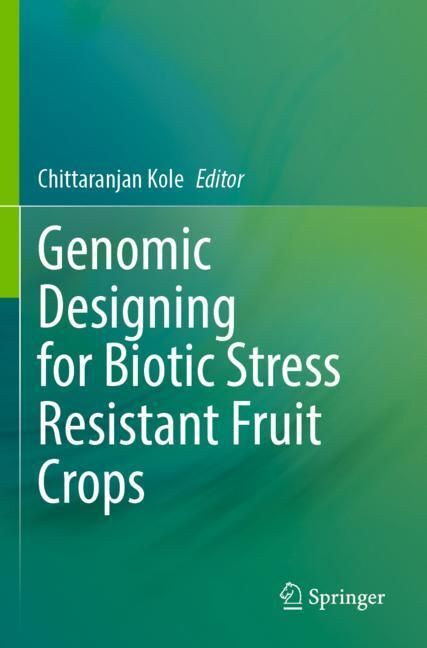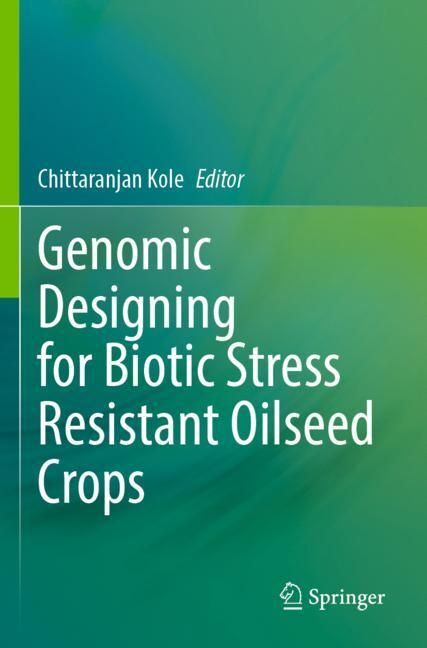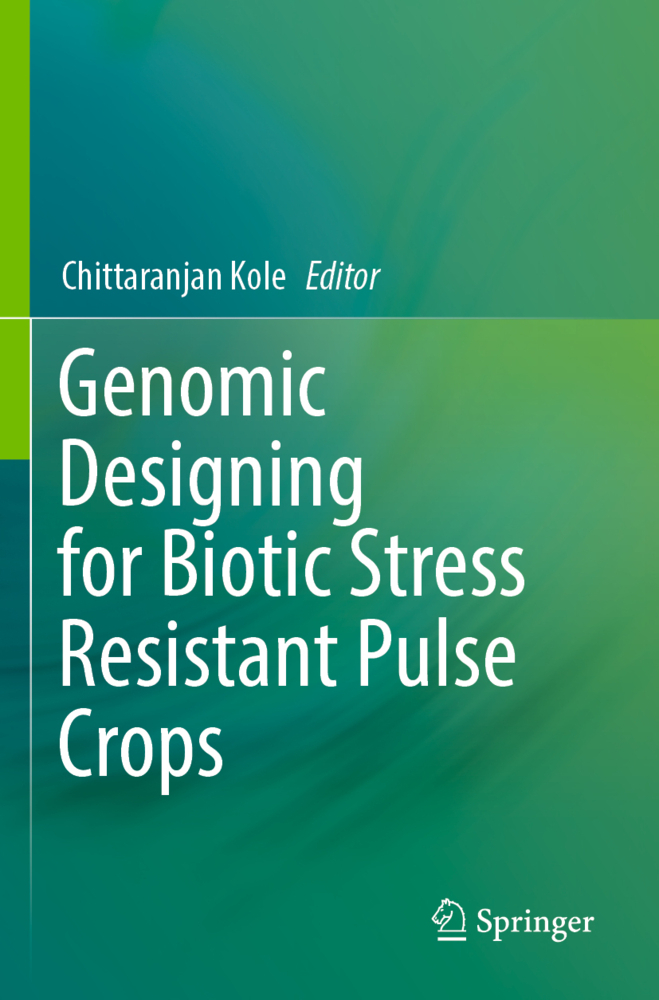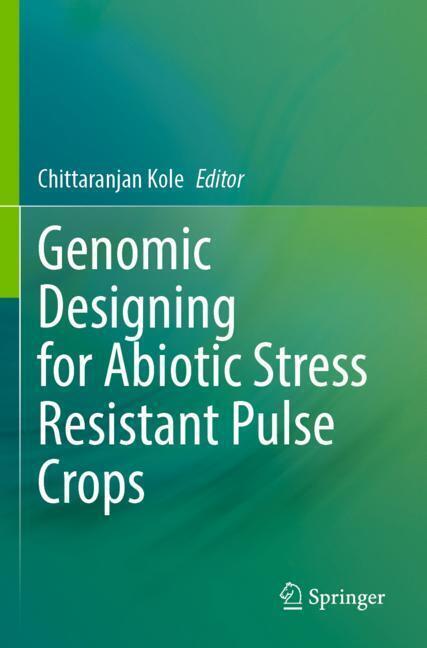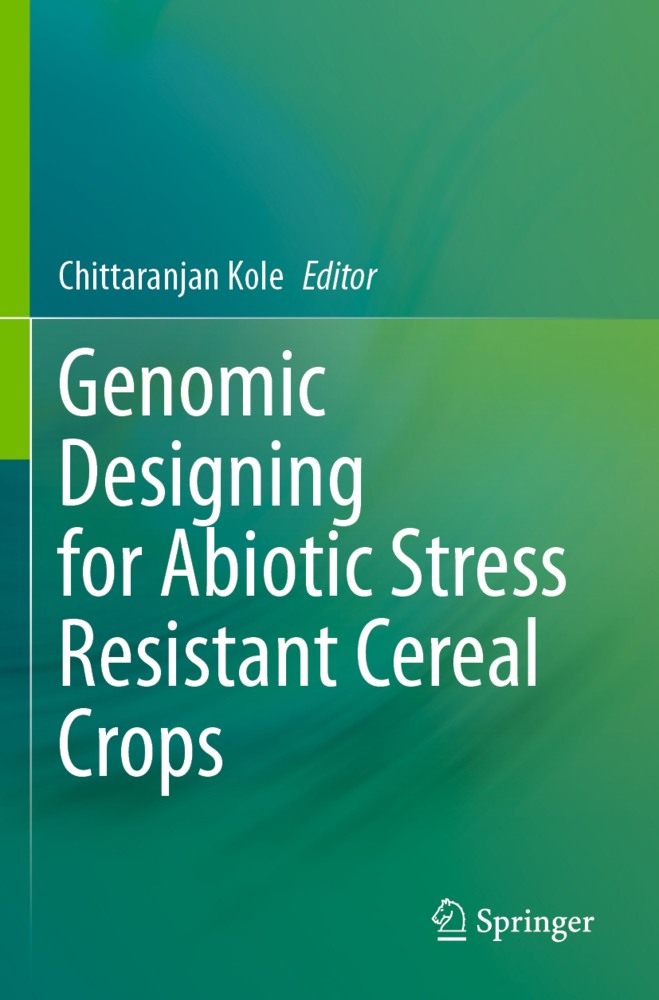Principles and Practices of OMICS and Genome Editing for Crop Improvement
Principles and Practices of OMICS and Genome Editing for Crop Improvement
Global food security is increasingly challenging in light of population increase, the impact of climate change on crop production, and limited land available for agricultural expansion. Plant breeding and other agricultural technologies have contributed considerably for food and nutritional security over the last few decades. Genetic engineering approaches are powerful tools that we have at our disposal to overcome substantial obstacles in the way of efficiency and productivity of current agricultural practices. Genome engineering via CRISPR/Cas9, Cpf1, base editing and prime editing, and OMICs through genomics, transcriptomics, proteomics, phenomics, an metabolomics have helped to discover underlying mechanisms controlling traits of economic importance.
Principle and Practices of OMICs and Genome Editing for Crop Improvement provides recent research from eminent scholars from around the world, from various geographical regions, with established expertise on genome editing and OMICs technologies. This book offers a wide range of information on OMICs techniques and their applications to develop biotic, abiotic and climate resilient crops, metabolomics and next generation sequencing for sustainable crop production, integration bioinformatics, and multi-omics for precision plant breeding. Other topics include application of genome editing technologies for food and nutritional security, speed breeding, hybrid seed production, resource use efficiency, epigenetic modifications, transgene free breeding, database and bioinformatics for genome editing, and regulations adopted by various countries around globe for genome edited crops. Both OMICs and genome editing are vigorously utilized by researchers for crop improvement programs; however, there is limited literature available in a single source. This book provides a valuable resource not only for students at undergraduate and postgraduate level but also for researchers, stakeholders, policy makers, and practitioners interested in the potential of genome editing and OMICs for crop improvement programs.
Preface.- 1. Principle and practices of Genome Engineering in crop plants.- 2. The revolution of OMICs technology in plant sciences.- 3. The applications of genomics and transcriptomics approaches for biotic stress tolerance in crops.- 4. Understanding abiotic stress tolerance in plants by proteomics approach.- 5. Role of metabolomics and next generation sequencing for sustainable crop production.- 6. Multi-omics approaches for strategic improvement of crops under climate change conditions.- 7. Advances in integrated bioinformatics and phenomics application in plants and agriculture.- 8. Nano-biotechnology and its applications in plant system biology.- 9. Food and nutritional security in the era of genomics and genome editing.-10. The utilization of Genomic region analysis and genome editing technologies for cereals grain quality improvement.- 11.The utilization of speed breeding and genome editing to achieve zero hunger..- 12. Novel Plant Breeding Techniques for cereals crop improvement..- 13. Epigenetic modifications through Genome editing..- 14. Genome editing for Resource Use Efficiency in Crops.- 15. The mechanisms of genome editing technologies in crop plants.- 16. Genome editing for hybrid seed production and hybrid vigour preservation..- 17. Transgene free a novel techniques for modern plant breeding system..- 18. The application of database and bioinformatics for genome editing of crops..- 19. Chapter 19. Regulations of genome editing in agriculture.
Index.Prakash, Channa S.
Fiaz, Sajid
Fahad, Shah
| ISBN | 978-3-030-96927-1 |
|---|---|
| Medientyp | Buch |
| Copyrightjahr | 2023 |
| Verlag | Springer, Berlin |
| Umfang | VI, 425 Seiten |
| Sprache | Englisch |

